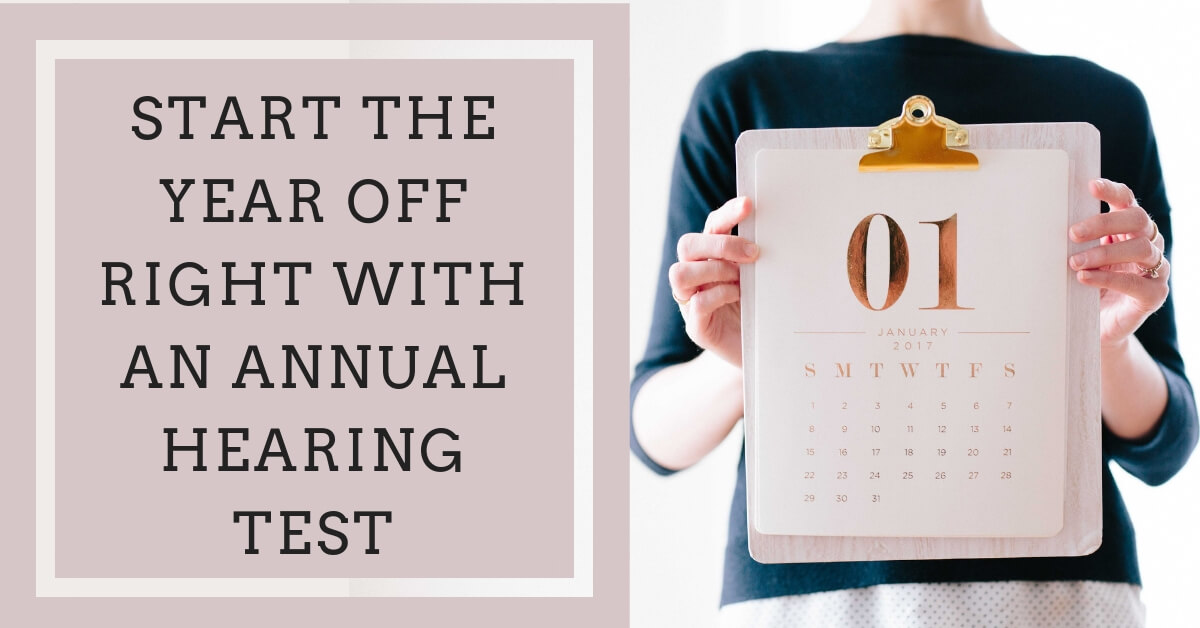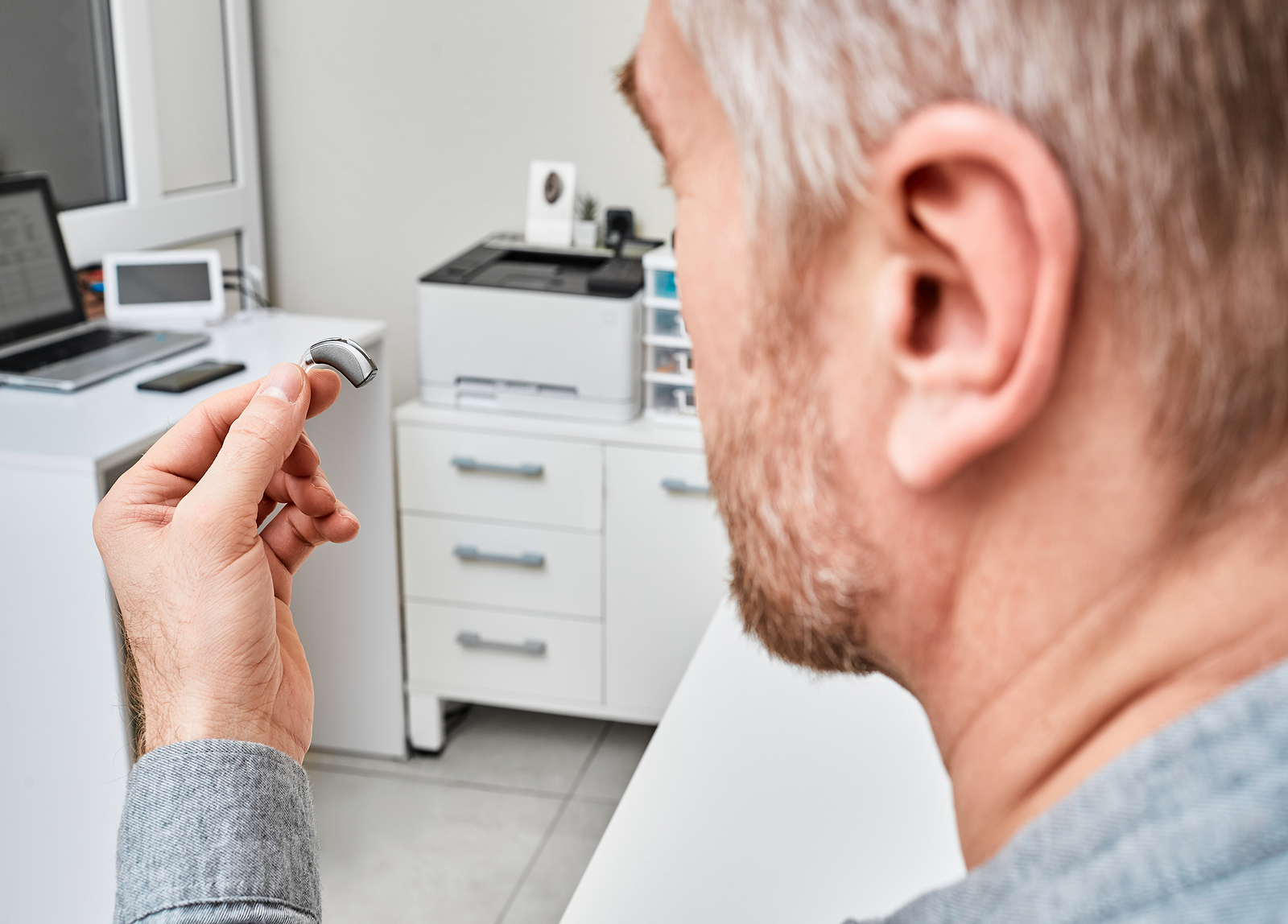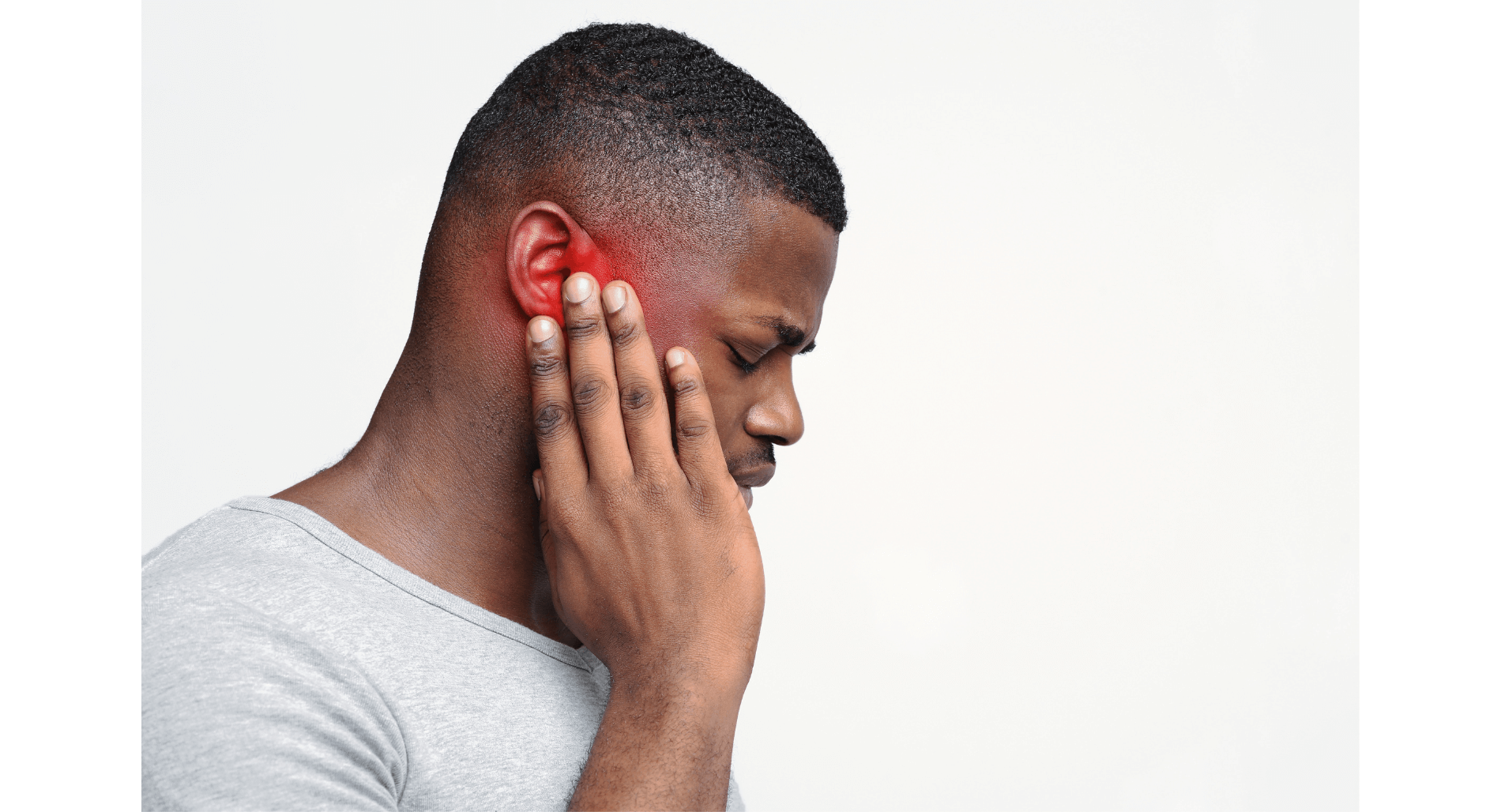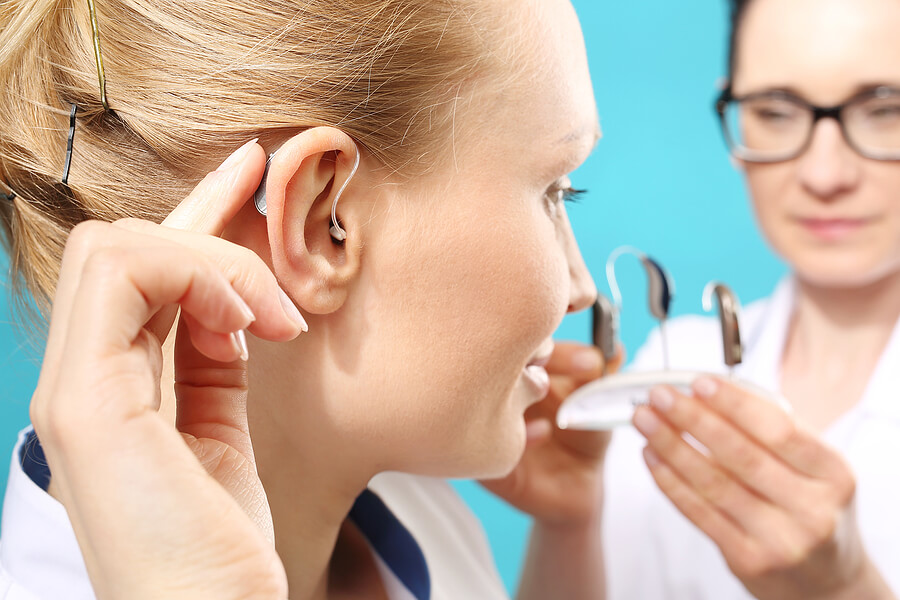
As the New Year has rung in, many of us may have made resolutions to improve our health and wellness. Whether it is by incorporating a new diet or exercising more, it seems that we are becoming more focused on preventative methods in improving our overall health. As we get annual physicals and check-ups for our physical health, semi or annual cleanings for our dental health, we should also prioritize our hearing health the same way. Maintaining your hearing health is an easy resolution that has a long-term impact on your life.
Why Do I Need an Annual Hearing Test?
When’s the last time you got your ears checked? That’s a question that many of us may have a hard time answering. We often associate hearing loss to loud bursts or impact, preventing us from setting up an appointment annually to test our hearing. Hearing loss often is gradual, and early treatment helps prevent future health issues.
Hearing Loss is Often Gradual
When it comes to hearing loss, it is often gradual, and we may not even recognize that we are facing it. We often turn up the volume on our TVs and phones without realizing that it might be due to a loss of hearing. Asking people to repeat themselves in conversation often doesn’t raise a red flag in our mind that we may be facing some sort of hearing loss. Everyday noises impact our hearing ability and we often don’t even know it. Even if you haven’t noticed any signs of hearing loss, it is still crucial to get your hearing tested by a hearing healthcare professional at least once a year in order to be assess your hearing ability to take preventative measures before it negatively impacts your life.
Early Treatment Helps Prevent Future Health Issues
More likely than not, people only seek out a hearing health professional or get their hearing tested when they face some identifiable hearing loss. Because the signs of hearing loss are so gradual, many people are actually living with hearing loss 5 to 15 years prior to taking action. This not only has an impact on their hearing health, but also other aspects of their health as well.
Research studies have shown that untreated hearing loss is connected to cases of dementia, a decline in cognitive function, social isolation, and also depression. Getting your hearing tested annually allows hearing health professionals to identify if you have any type of hearing loss sooner rather than later, consequently improving your overall health and livelihood.
What Type of Test Should I Get?
Baseline Testing
Many of us haven’t had a hearing test conducted since when we were in grade school. Hearing specialists recommend that we should get a baseline hearing test in our early adulthood, between the ages of 18 and 21. It is highly recommended to set up an appointment for one if you are over the age of 21.
What exactly is a baseline hearing test? The baseline test provides a frame of reference for future hearing tests. Within the test itself, your sensitivity to sounds will be measured through your ability to detecting “beeping” sounds. Furthermore, the baseline hearing test measures your ability to understand speech both at low and normal volumes. Lastly, your overall ear health is examined through a visual exam.
Follow-up Hearing Tests
Depending on your baseline hearing test results, you may or may not need follow-up hearing tests. If hearing loss was identified at the baseline, yearly hearing tests are highly recommended.
Another follow-up indicator may include your risk for hearing loss. High hearing loss risk is contingent on one’s exposure to noise, at the workplace and during recreational activities, as well as one’s age. Elderly folk, aged 60 and up, are at higher risk of hearing loss, and are recommended to have their hearing tested annually.
Start Off the New Year with a Hearing Test from Hearing Aid Associates
Regardless if you are facing hearing loss or not, it is important to set up an appointment for an annual hearing test. Early detection of hearing health concerns allows for the best options for treatment and preventative measures impacting our overall health. Reach out to us at Hearing Aid Associates for more information about setting up a hearing test today!

Common Challenges with Hearing Aids and How to Overcome Them
Matthew Favinger, M.S., F-AAA

Signs of an Ear Infection and When to Seek Professional Help in the New Year
Matthew Favinger, M.S., F-AAA

